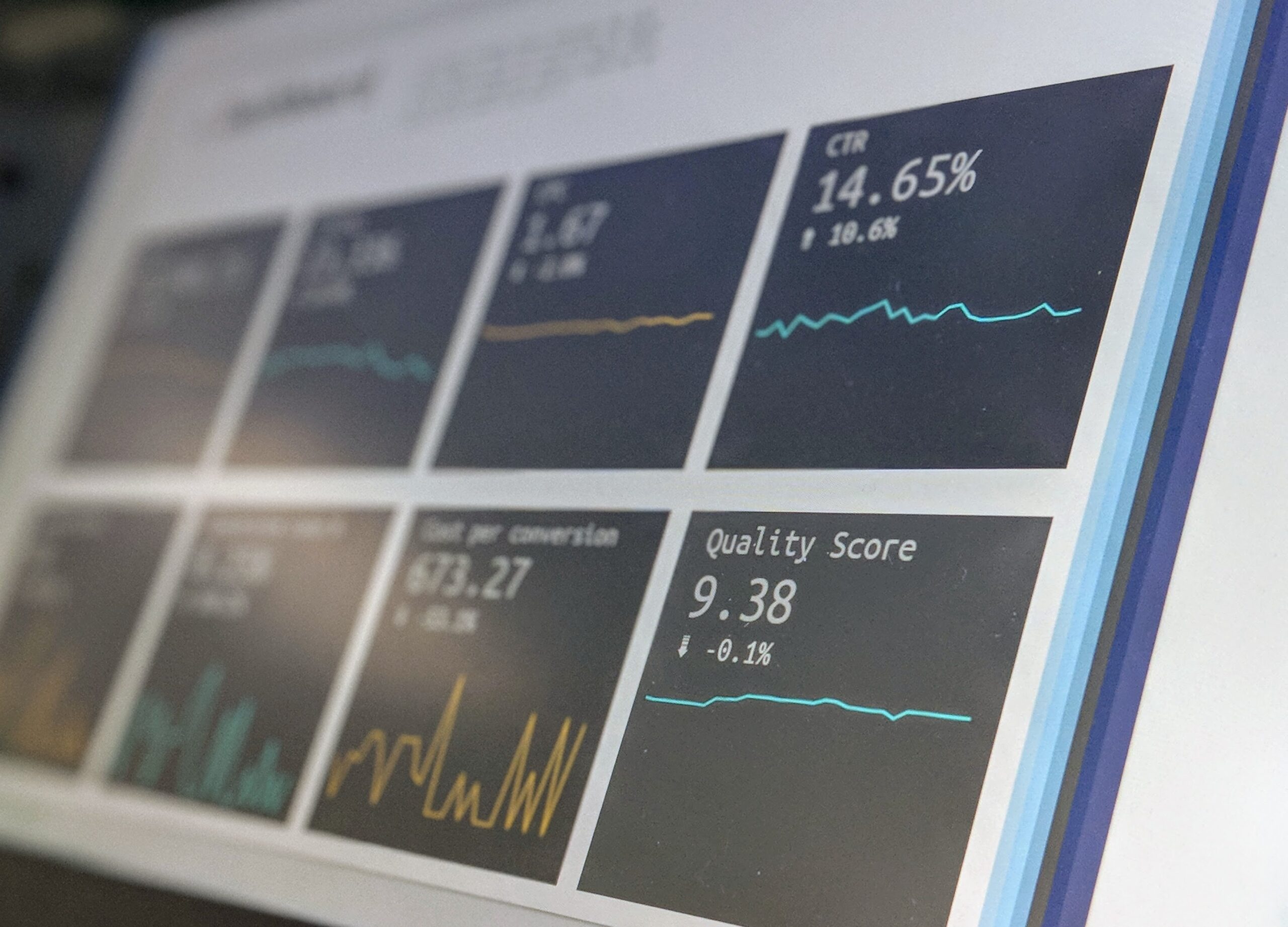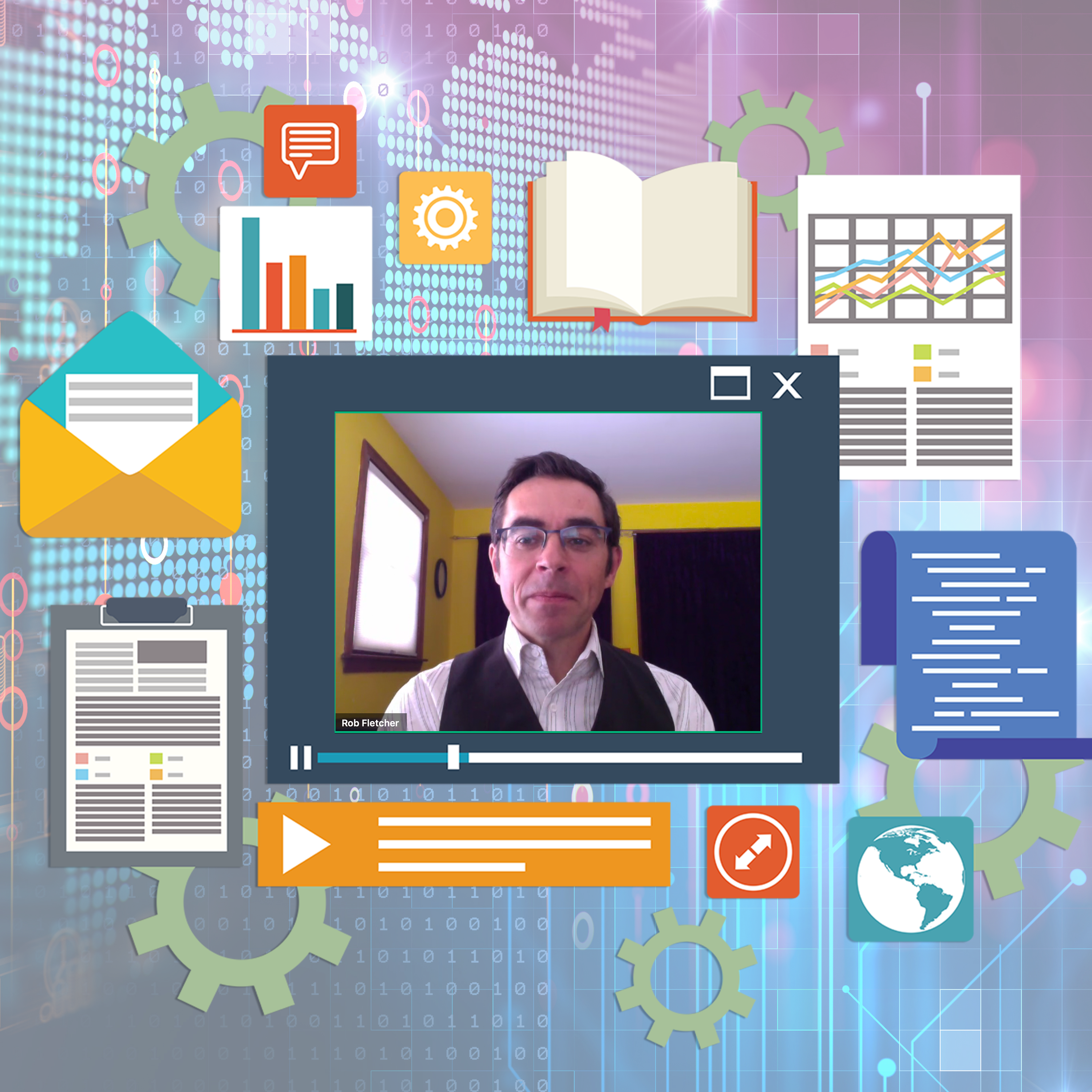There’s a great deal of focus lately on how to help remote workers maintain productivity. With so many people around the world having abruptly transitioned to work-from-home conditions, this is indeed a pressing concern. However, productivity isn’t the only thing we should be thinking about. Working from home can make for a full-fledged lifestyle change, and can be jarring to employees in a number of ways. Even if they keep working, they might feel somewhat disconnected from their professional lives, and by extension their finances.
Given these concerns, we’re going to go over some financial wellness tips that can help remote workers to maintain financial stability and stay on top of this aspect of their lives.
Financial Wellness Tips For Remote Workers
1. Set Up a Home Office
As companies around the world look to maximize productivity among their remote teams, one popular tip is to set up a digital workspace. This basically means providing remote workers with a sort of digital hub where they can access company information and applications, and it’s a great way to minimize some of the hassles of working from home.
From the employee’s standpoint though, it’s every bit as important to set up a physical workspace as well. A home office can help you to establish a divide between home life and work life. Despite being physically located within a home, it can simulate the experience of going to work — which in turn can help you to feel less interruption in your routine.
Continuing your routine by adding in teambuilding events where you stay connected with your co-workers will also help establish that divide, think of having weekly happy hours or virtual casino & poker nights. Setting up a routine and home office can play a role in keeping professional and financial concerns in mind, even as working conditions change.
2. Explore Savings Options
One more direct way to positively impact financial wellbeing while working from home is to explore savings options. At first, this can seem counterintuitive. When working conditions change, some financial insecurity can set in, and people can be inclined to cling to their finances. If possible, however, it may make sense for you to instead take some of the money you’d usually use when out and about in the world — on things like gas, lunches out, and morning coffees — and put them into a savings account.
An ordinary savings account can help your money to appreciate over time until you decide to withdraw it. Similarly, a certificate of deposit can do the same thing, but with greater interest and a predetermined period of time, you have to wait before taking the money out. Either can serve as an extra layer of financial security though, helping you to start growing finances during this strange, uncertain time. You can enter these agreements with a fairly clear idea of how much money you’ll make from them as well. Tools online like a CD calculator can help you to calculate your prospective savings based on how much you’re depositing and how long you’re going to wait before you withdraw.
This sort of information can help you to turn the vague idea of savings into a concrete financial plan.
3. Start Keeping a Budget
If you don’t already, now is also the perfect time to start keeping a detailed budget for your own financial activity. This is not the same thing as having a general idea of what you’re making and what you’re spending. Rather, we’re talking about a full-fledged breakdown of spending habits, monthly or weekly budgets, investments, disposable income, and so on.
You can manage a lot of this on your own, particularly if you’re handy with a spreadsheet program or two. However, there are also plenty of excellent apps today that can help you manage your budget fairly effortlessly. While the specifics of these tools vary from one to the next, the general idea is that you can connect your credit card and bank accounts, input data when necessary, and in turn be shown a full financial breakdown.
By budgeting, you are taking practical steps in this world of change, ensuring you are staying financially secure. Along with checking on your budget, make sure you are checking in on yourself, with workshops such as Resiliency by TeamBonding you can discover how to stay happy and healthy in the world of uncertainty. Build both individual and team resiliency to bounce back from the challenges life and work have to offer.
4. Explore Investment Diversification
If you’re at all interested in investment, you’ve likely heard the recommendation that you should diversify your investments. This is basically the practice of spreading finances out across different sectors, stocks, and assets, with the goal of mitigating risk and maximizing the potential for a total profit. It’s a strategy that millions of people follow in one way or another, and ultimately a fairly fundamental investing concept.

There are plenty of additional things you can do to promote financial wellness as a remote worker — from seeking expert advice to cutting savings, and so on. The tips above should be particularly helpful for people dealing with new working conditions though and can go a long way toward helping you establish a sound, lasting financial security.
Be sure to contact TeamBonding for more tips and tricks for remote workers.

















